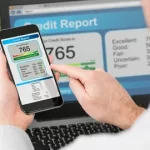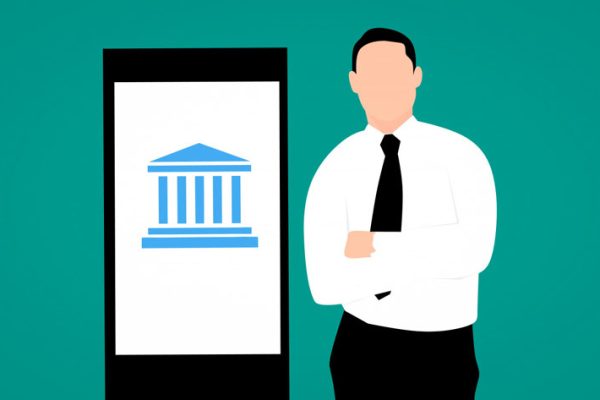A good credit score can take you places. You can qualify for pre-approved loans, get better interest terms on both secured and unsecured loans, and get your loan application approved at a much faster rate. With easy access to credit, you can buy assets, restructure expensive debt, and take care of financial liabilities.
But what is a credit score and, more importantly, how can you get a good credit score?
Credit score is a three-digit number ranging between 300 and 900, which is based on an individual’s credit history and represents the individual’s creditworthiness. When you apply for a loan to a bank or financial institution, they perform a credit score check while assessing your application. The higher your credit score, the better your creditworthiness to potential lenders. If your credit score is lower than 650-700, you may have difficulty getting quality credit at an affordable rate.
Fortunately, there are simple ways and hacks to build an excellent credit score and improve your creditworthiness significantly.
- Repay past debt on time
Your credit score is calculated by authorised agencies (like CIBIL) to get a measure of your spending discipline. If you have availed of a loan in the past or have been using a credit card, then your EMI payment history can reveal a lot about you. This data is included in the calculation of your credit score.
By simply repaying EMIs and debt on time, you can establish a good track record for credit management and improve your credit score.
- Be disciplined about credit utilisation
Next, you need to pay attention to how much available credit you are using. Financial experts advise that it is best to use not more than 30% of your approved credit limit for credit cards. Overdrafts on secured and unsecured loans can also negatively affect your credit score. So, if your approved limit for a credit card is Rs 2,00,000 per month, then you should try to limit your card usage to Rs 60,000.
By limiting your credit utilisation, you show spending discipline, which can systematically improve your credit score.
- Maintain a balanced credit mix
When an institution performs a credit score check, it also considers the nature of credit you avail. If you have more unsecured debt (personal loans, credit card debt, etc.) than secured loans (property loans), your creditworthiness declines. This impacts your credit score negatively and can bring it below 650, even if you have been repaying your loans regularly.
Therefore, try to create a more balanced credit mix and keep the proportion of unsecured loans less than secured loans.
- Don’t overapply
Just as credit utilisation contributes to calculating your credit score, so does the number of loans and credit cards that you have outstanding or have applied for. If you overapply for personal loans or credit cards, you might come across as credit-hungry to potential lenders. This increases the perceived risk of lending to you and, as a result, reduces your credit score.
Limit your loan applications to when they are essential. As a good practice, you can also perform a credit score check on your own before applying for new credit.
Several financial institutions provide the facility of a free credit score check online. You can use these to regularly check your free credit score and make adjustments in your credit utilisation, spending, and debt repayment habits.
In conclusion, you can successfully build a great credit score by following these four simple hacks. Remember, the process may be time-consuming but certainly rewarding in terms of access to quality credit as and when needed.











